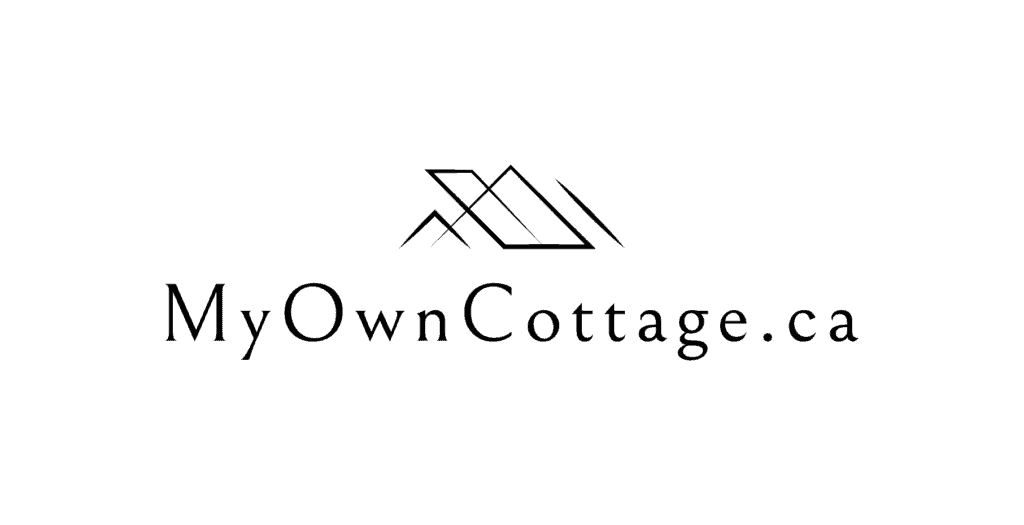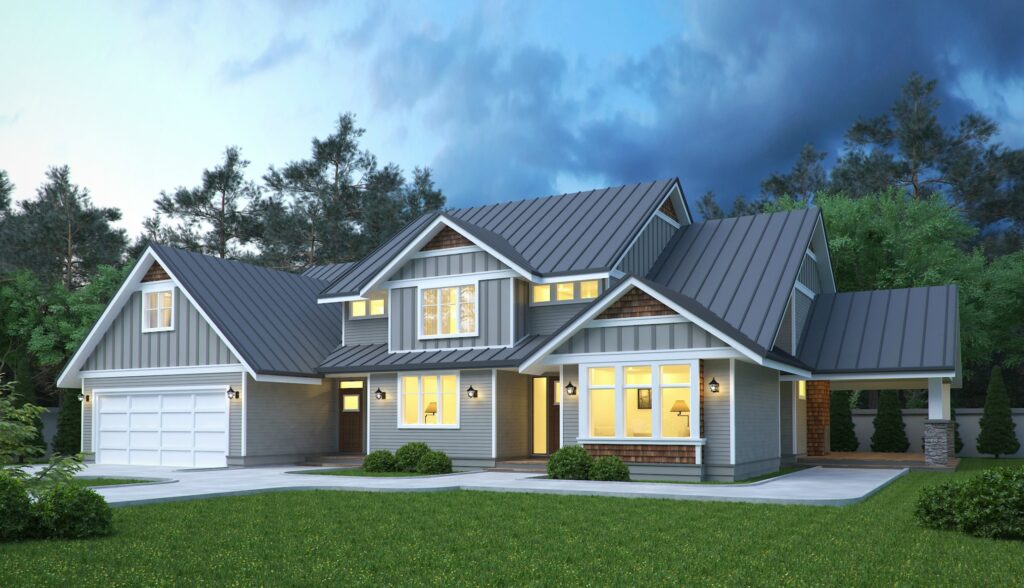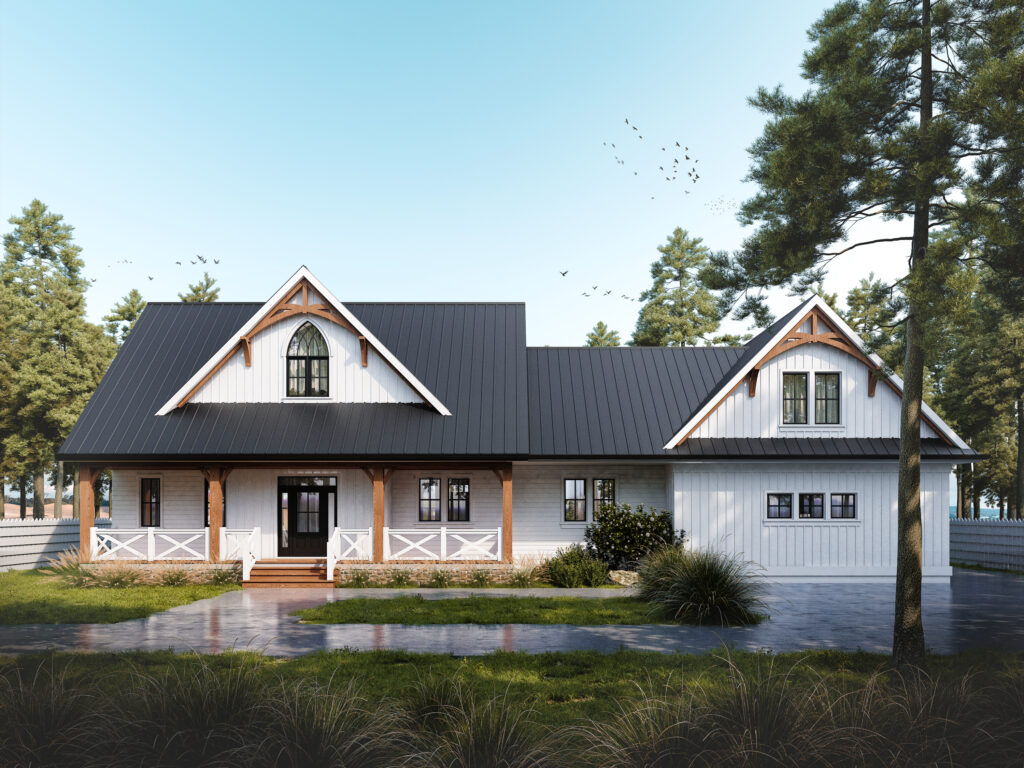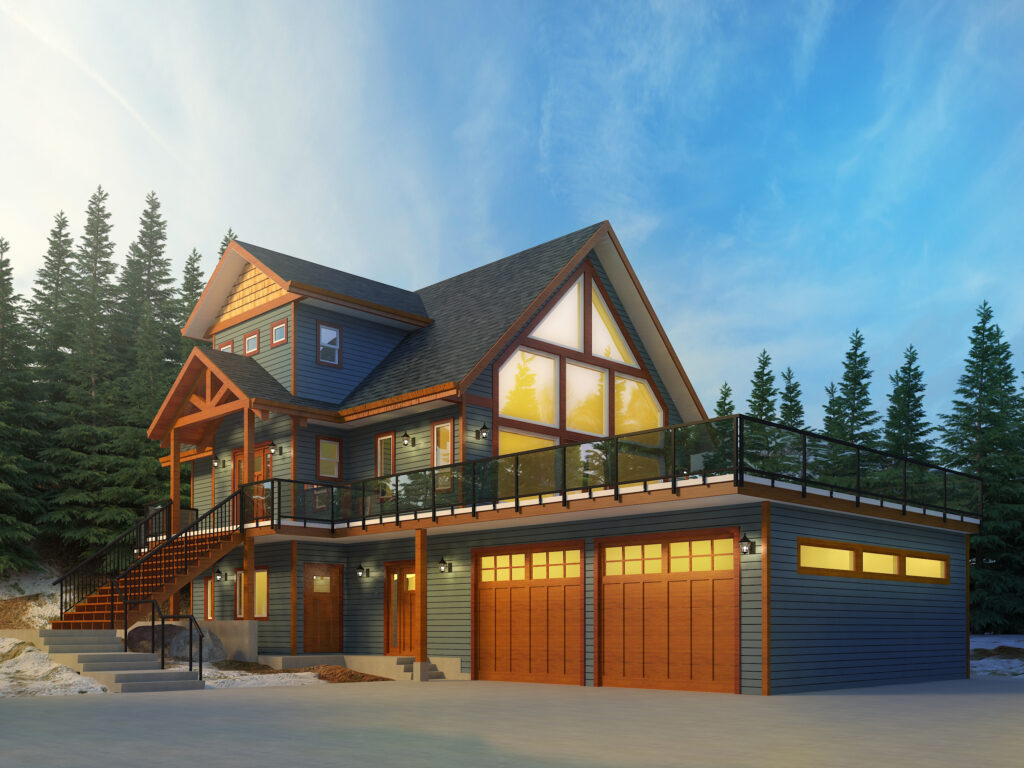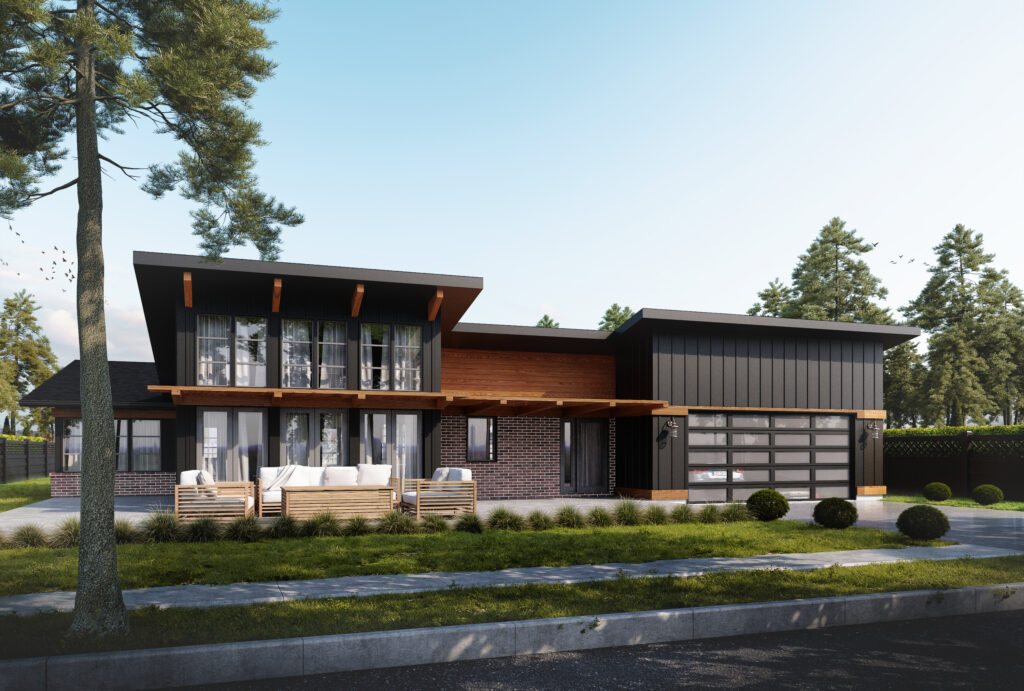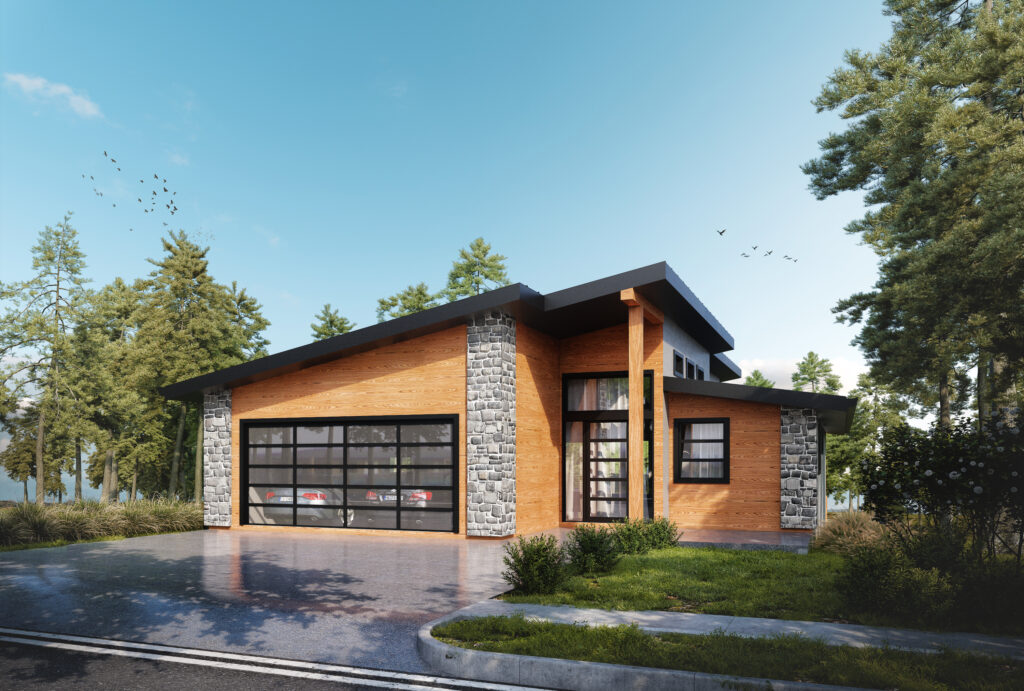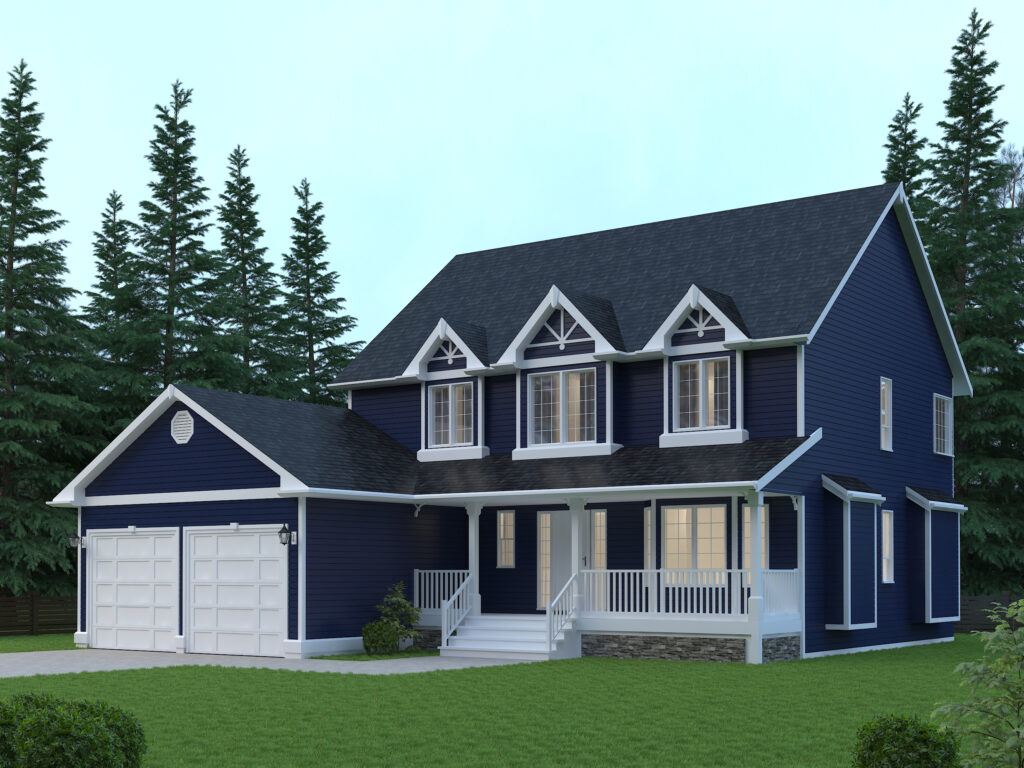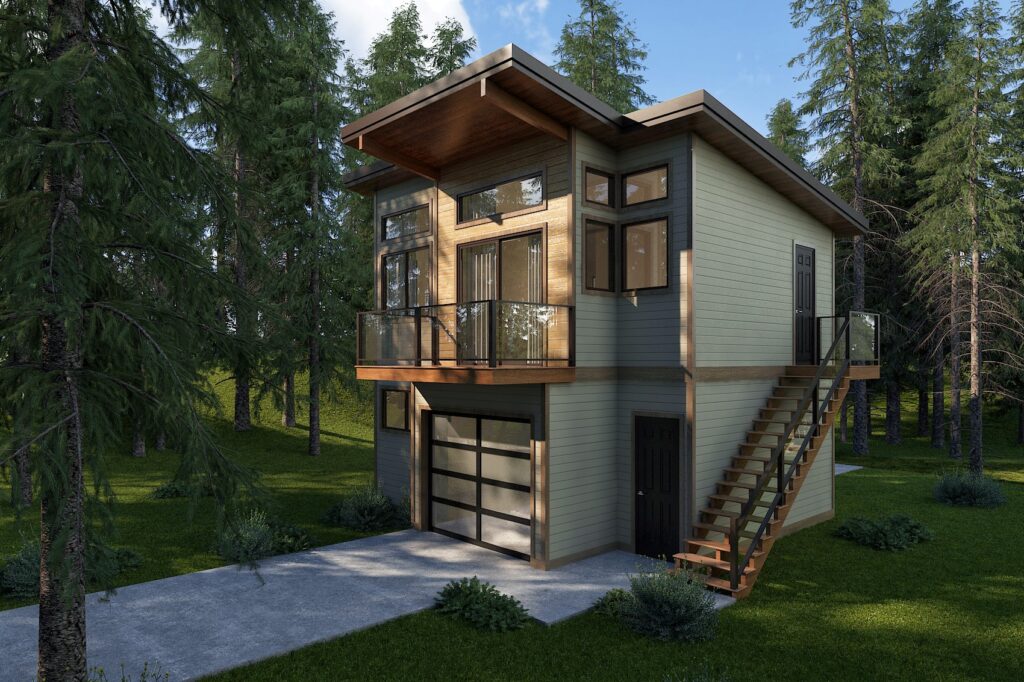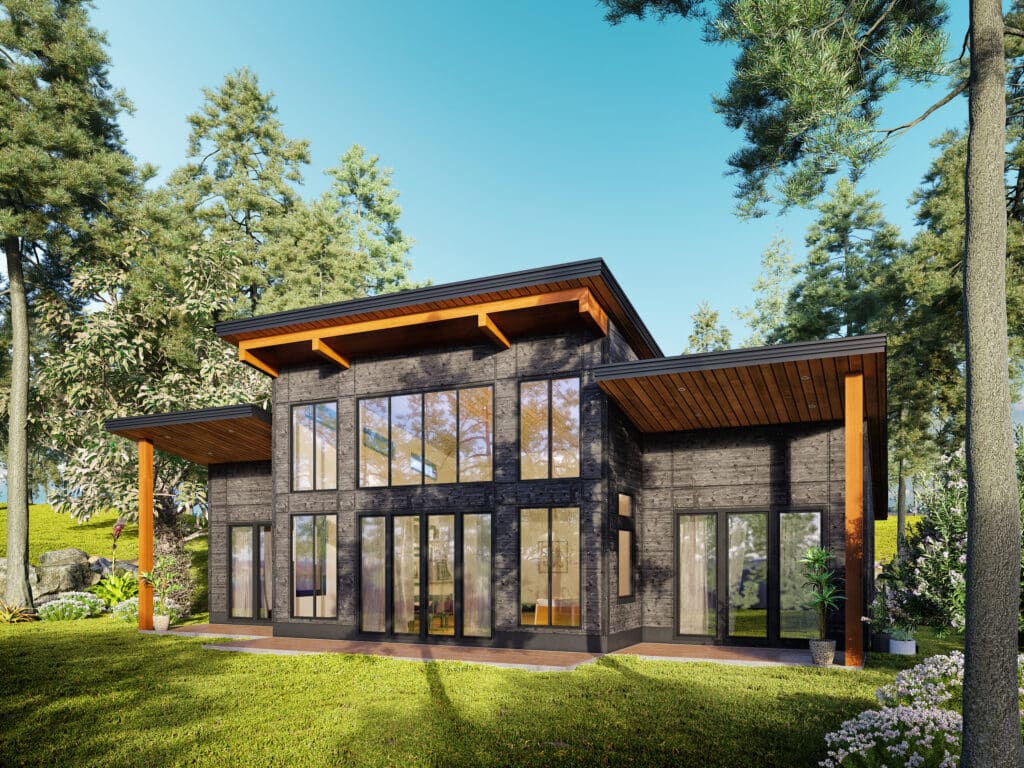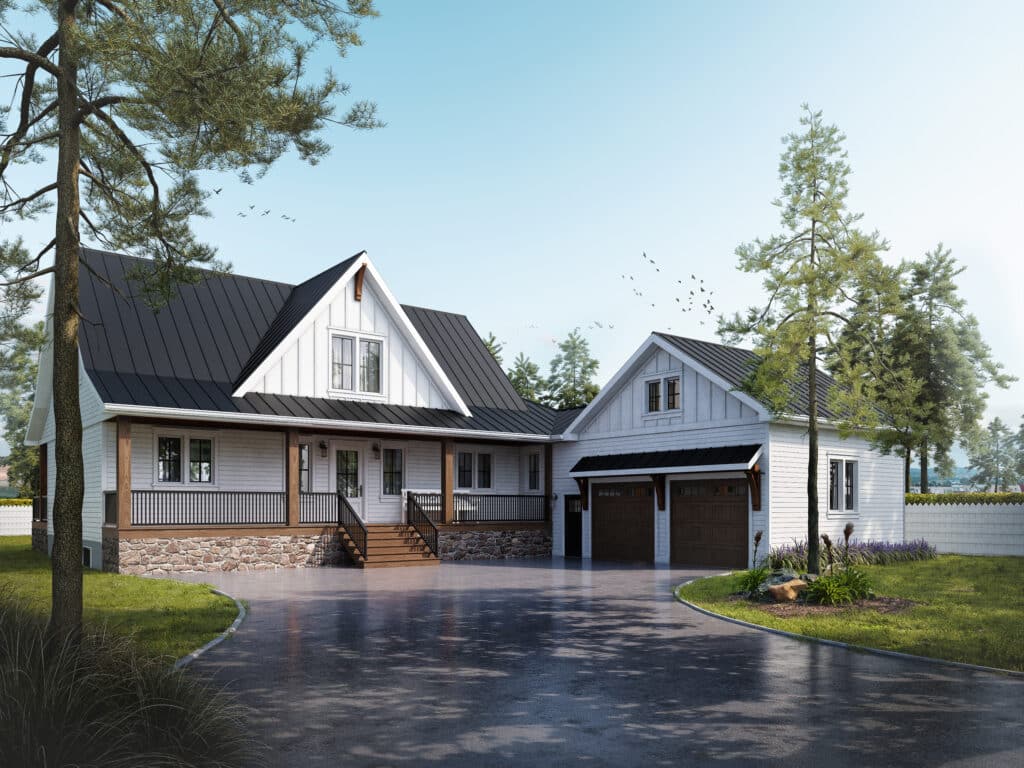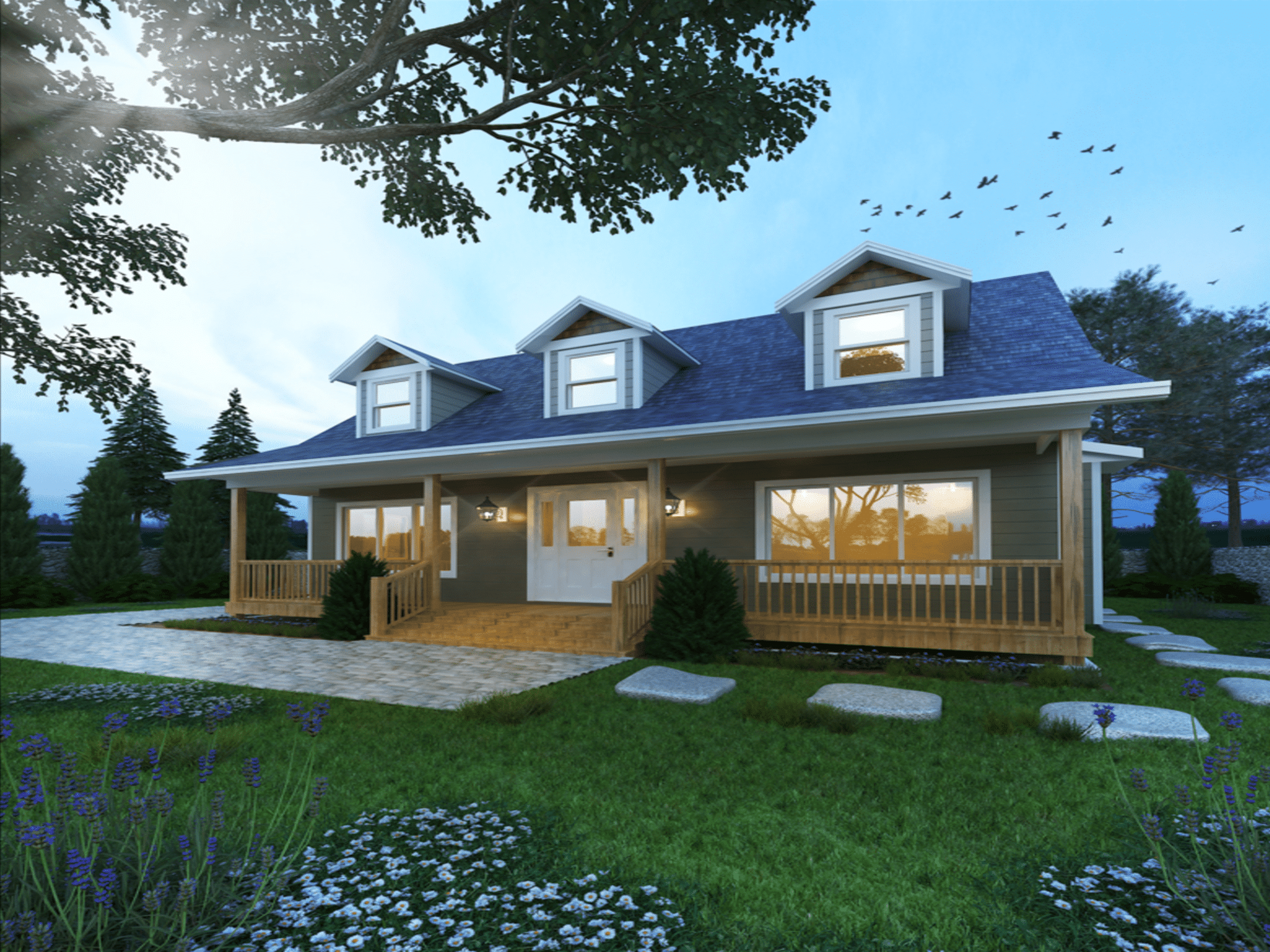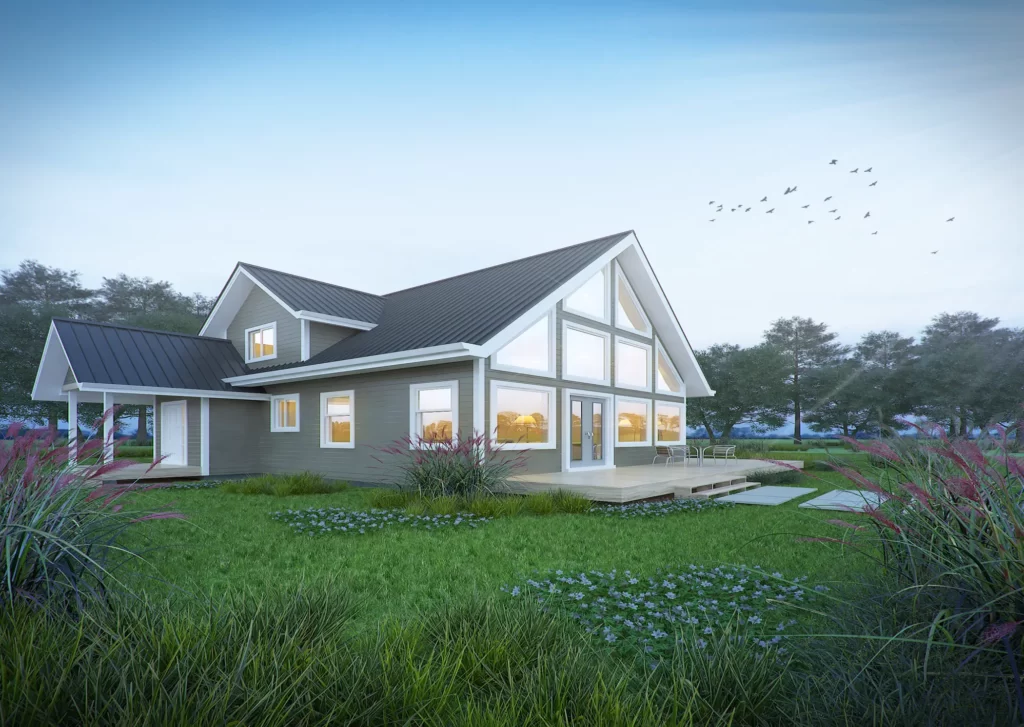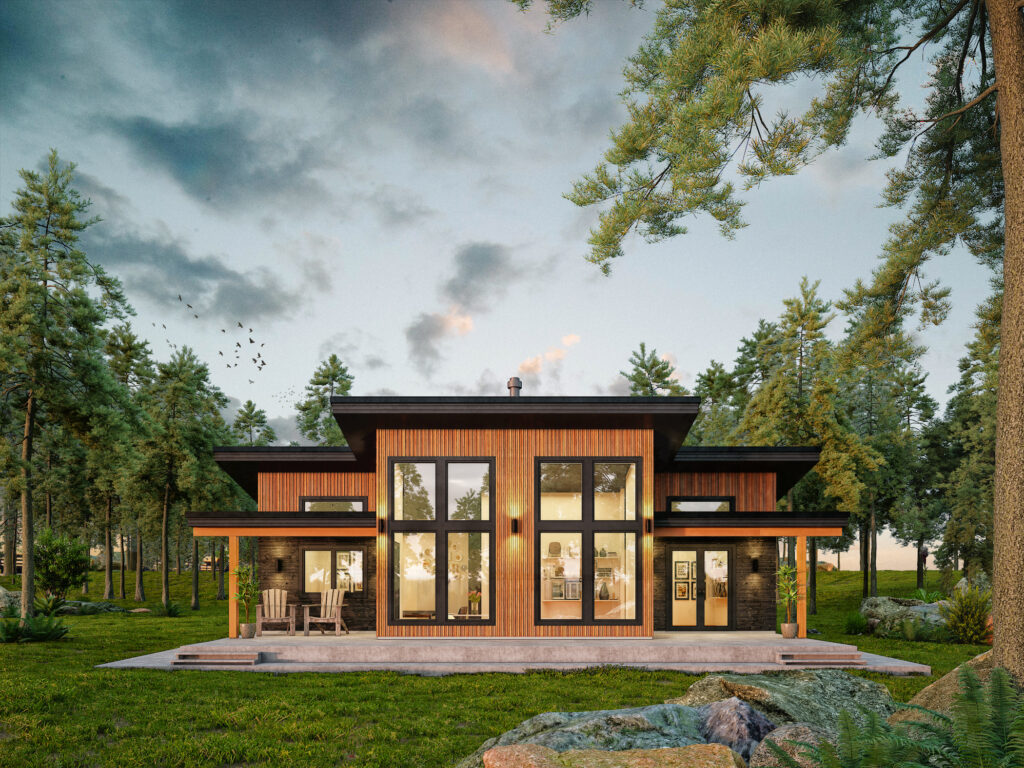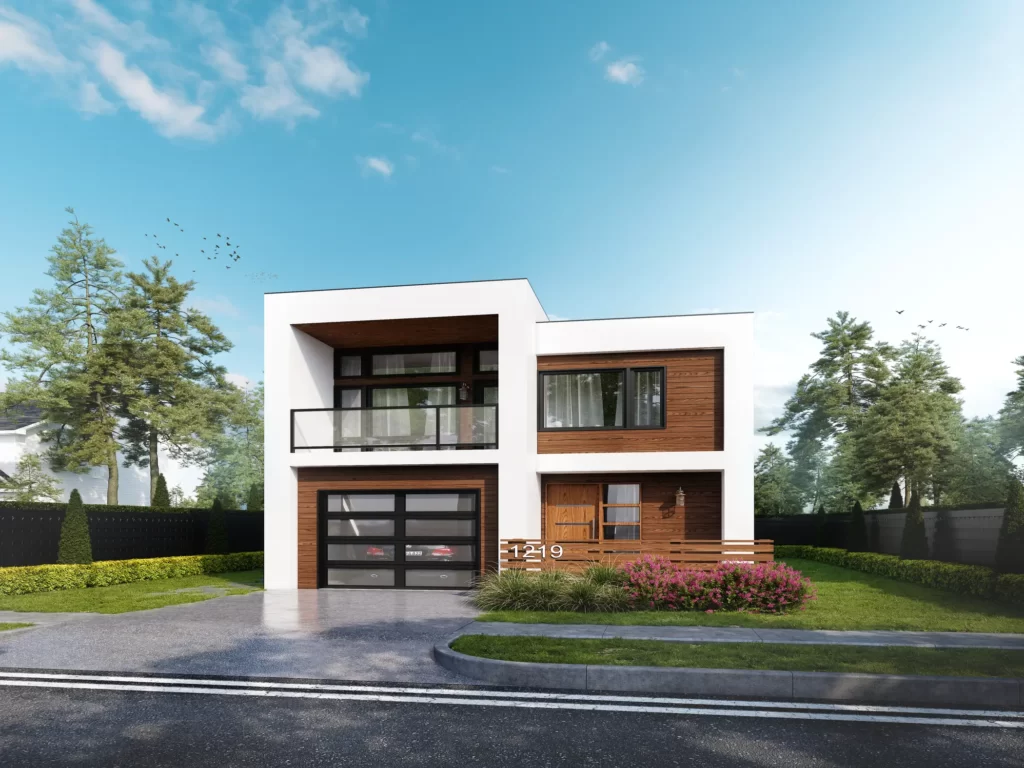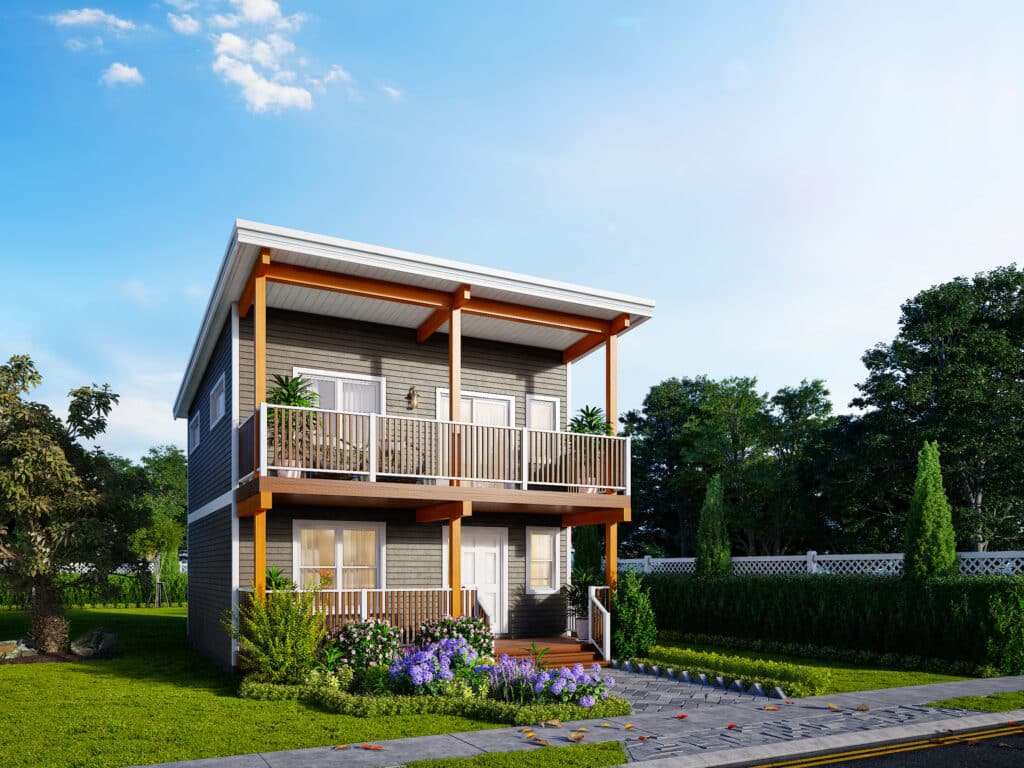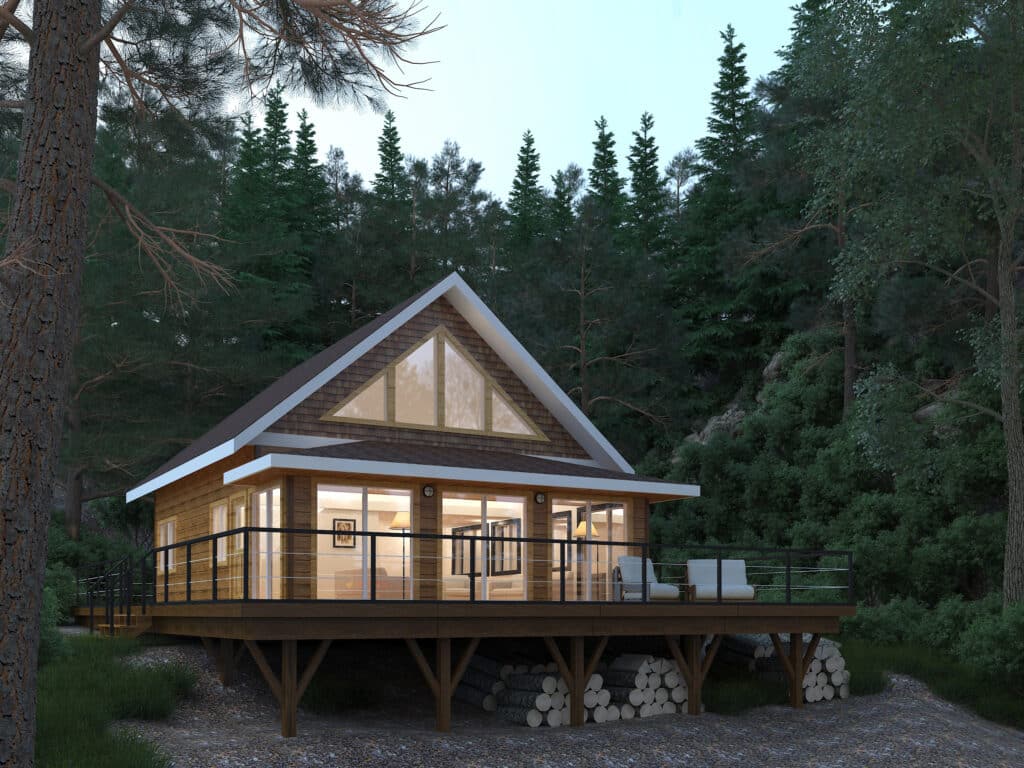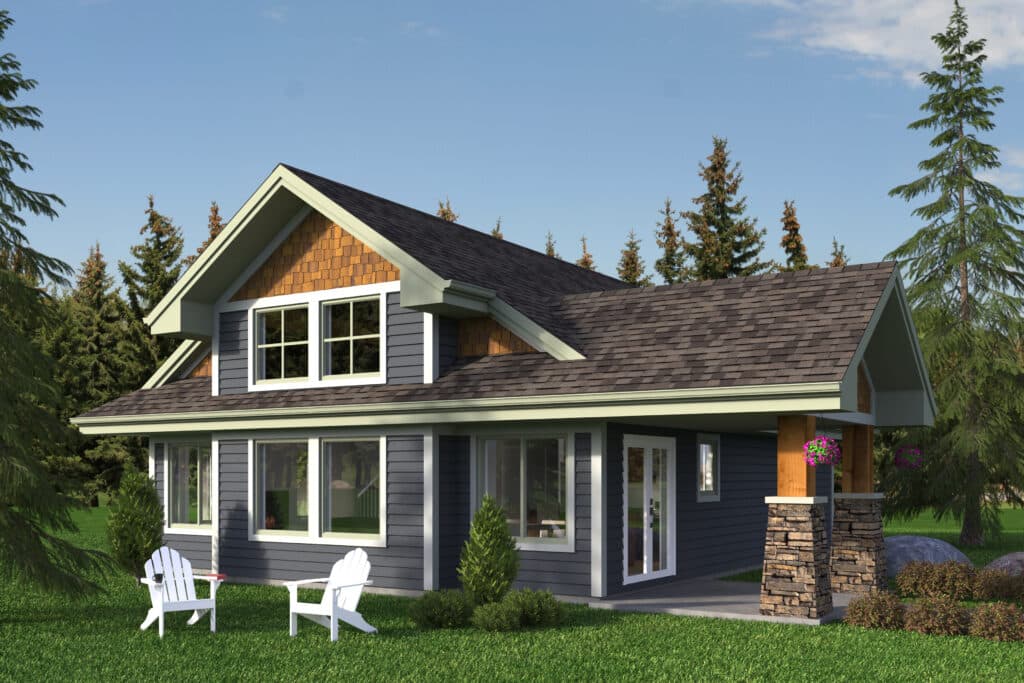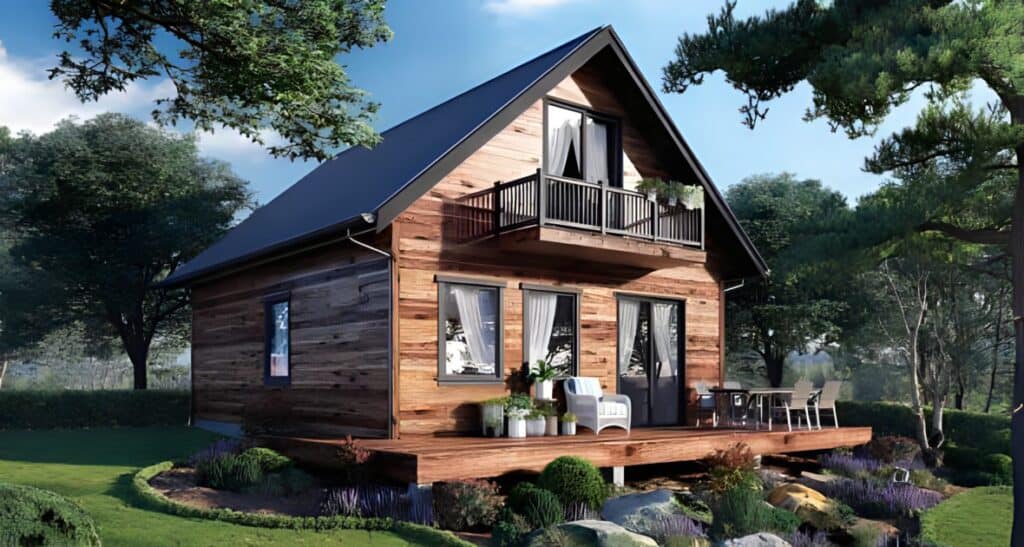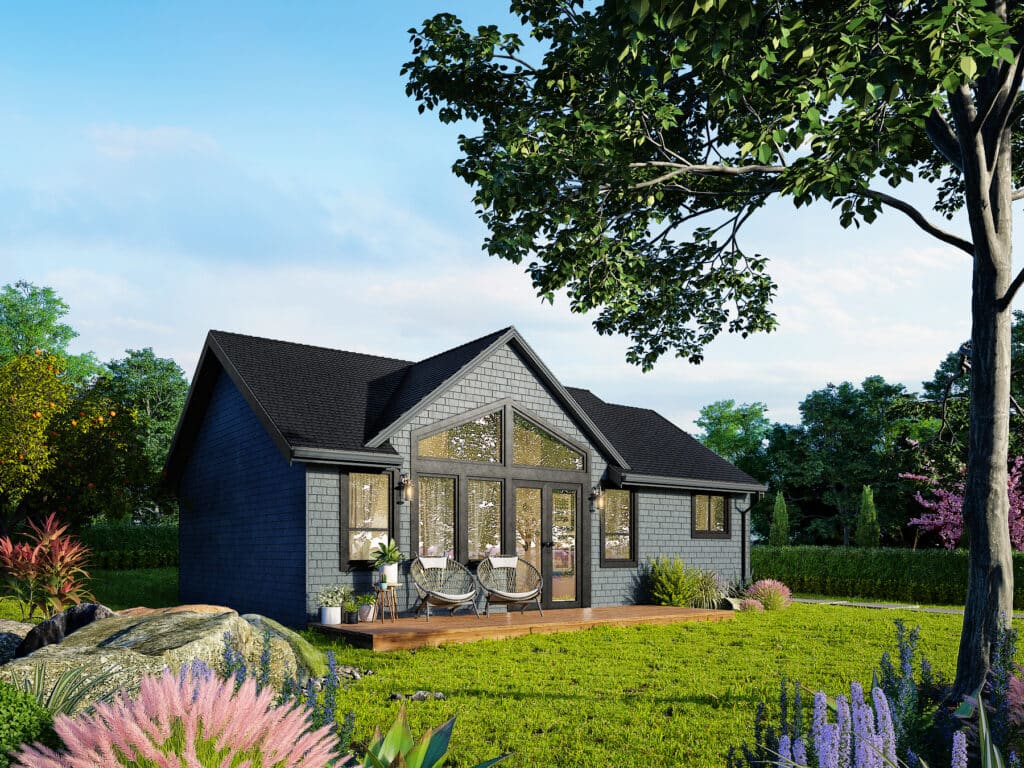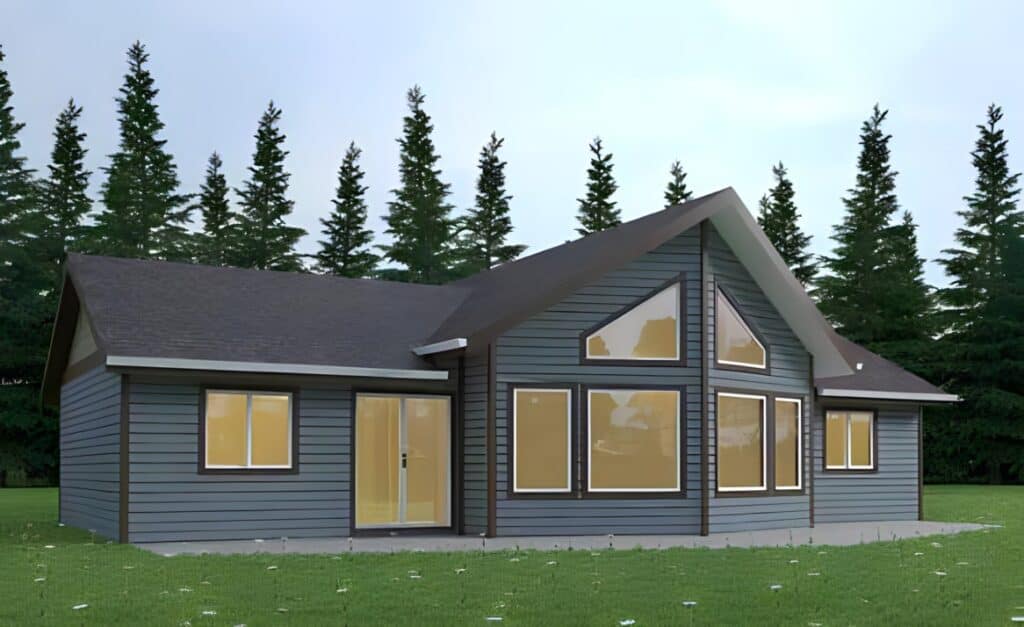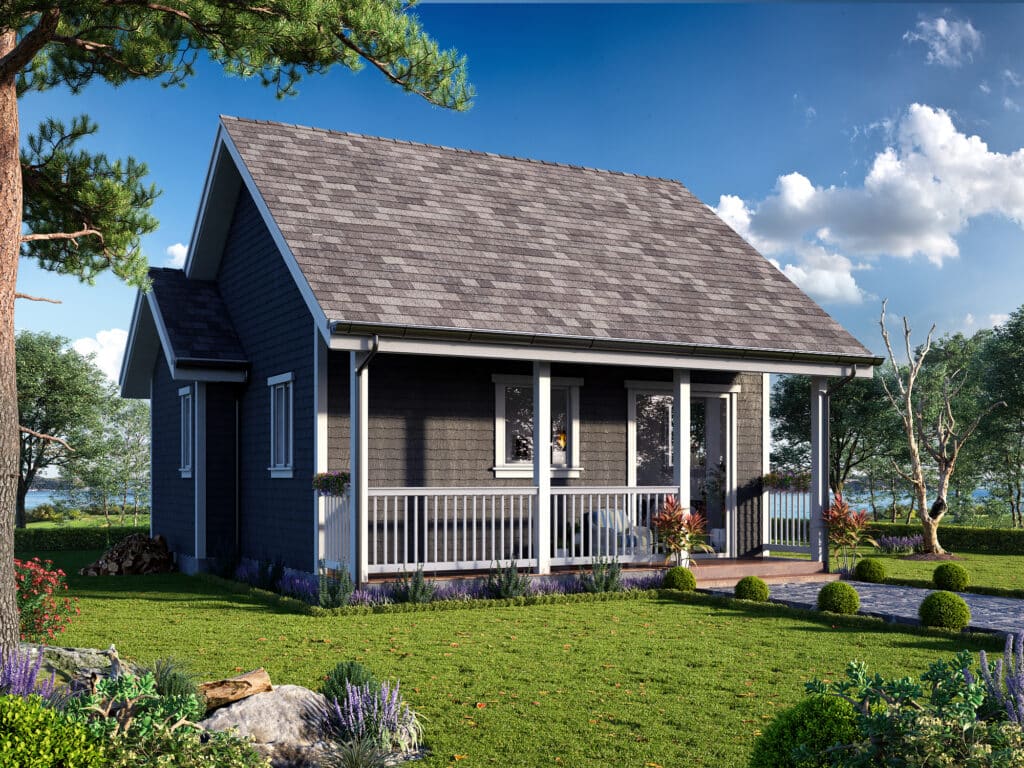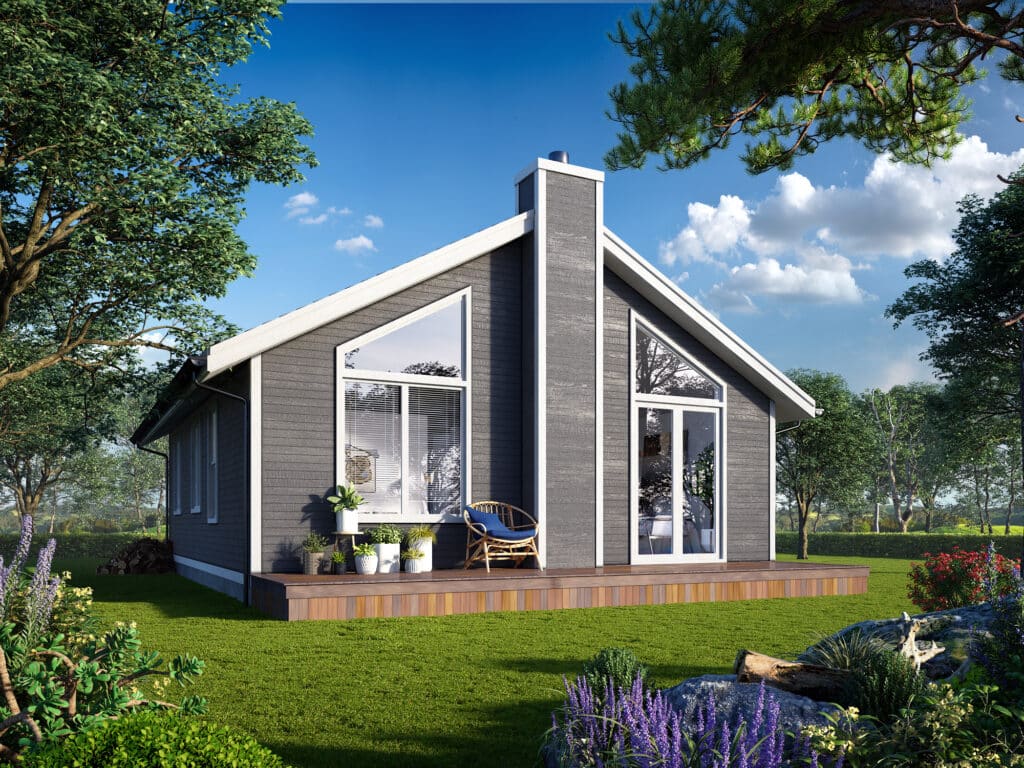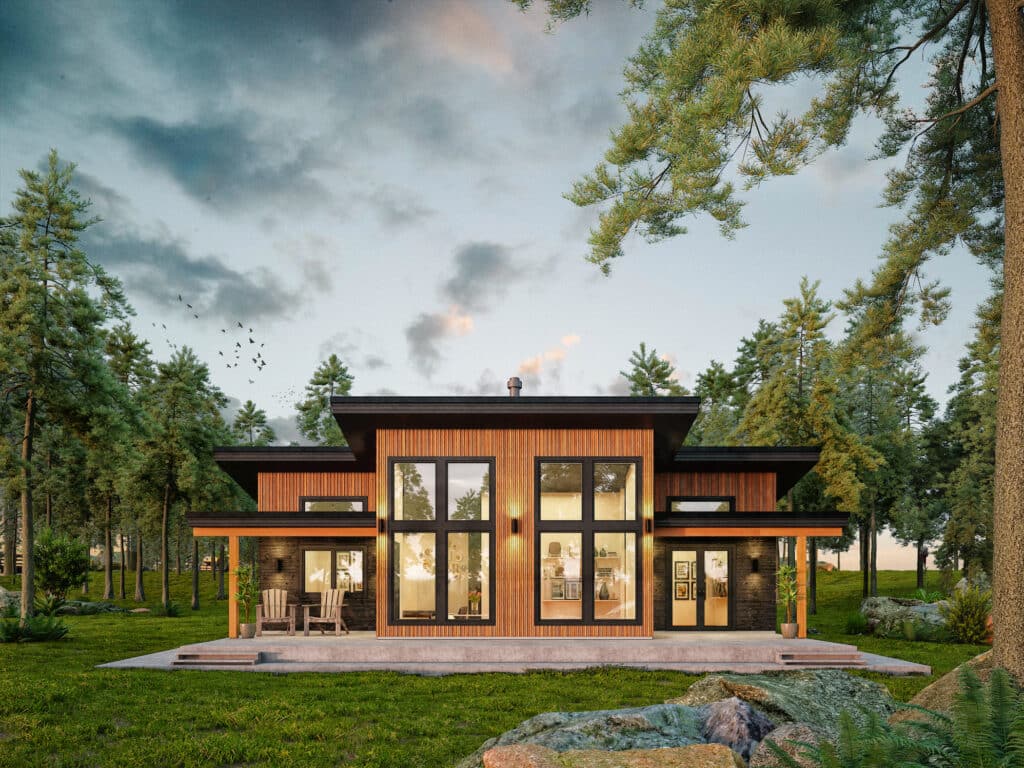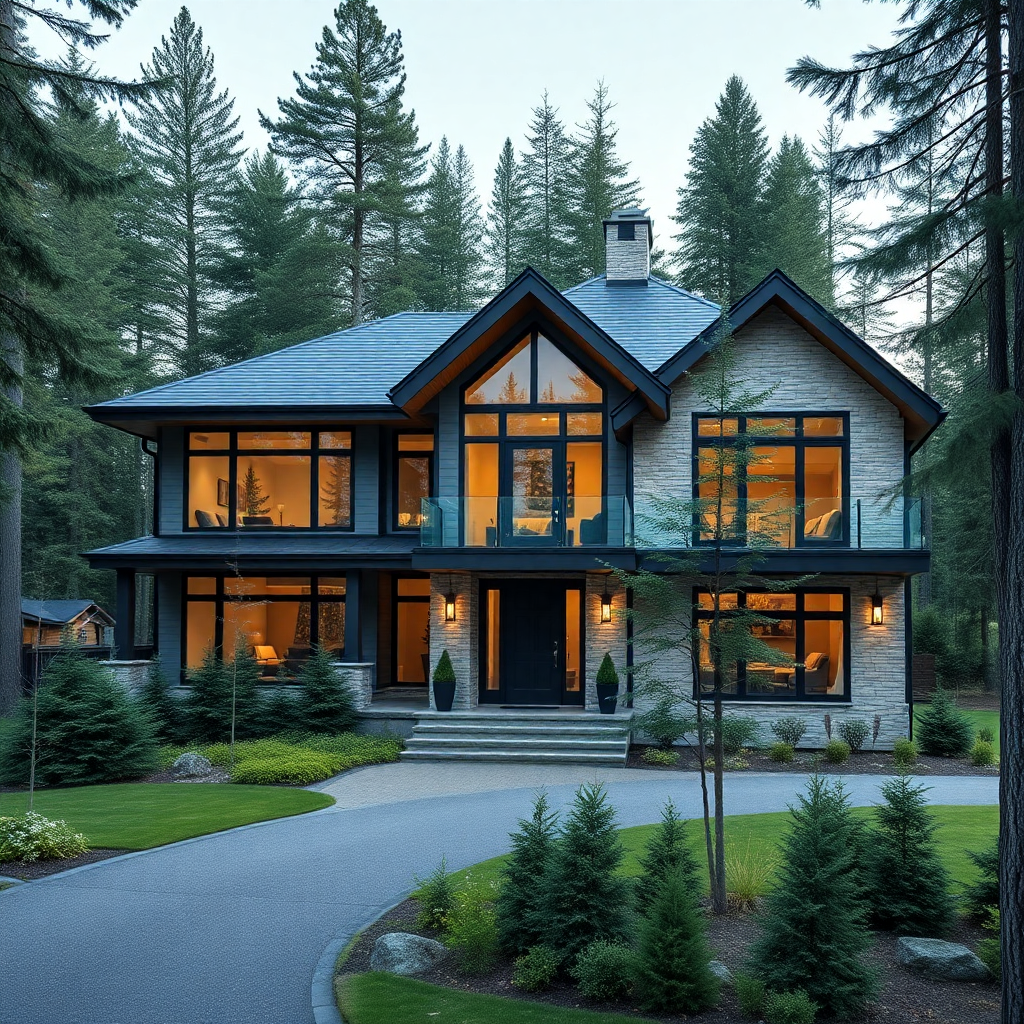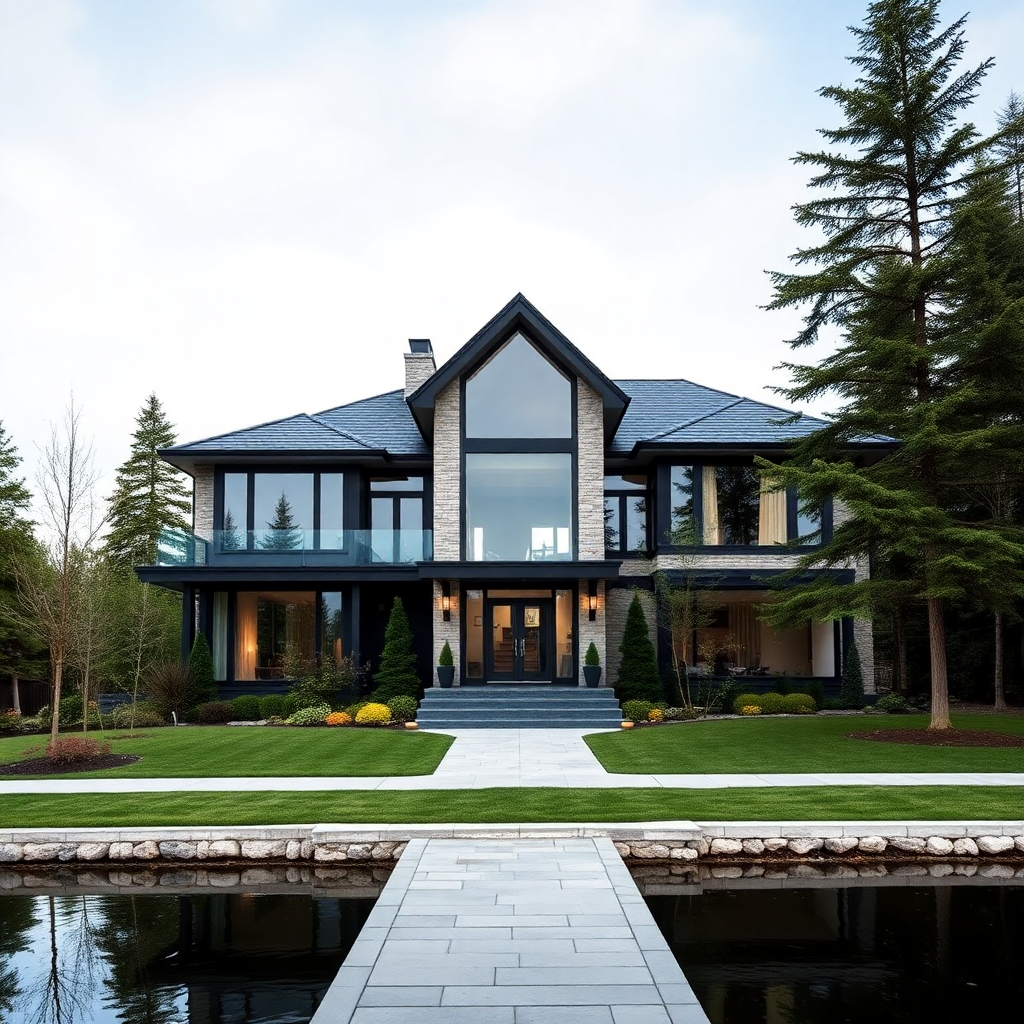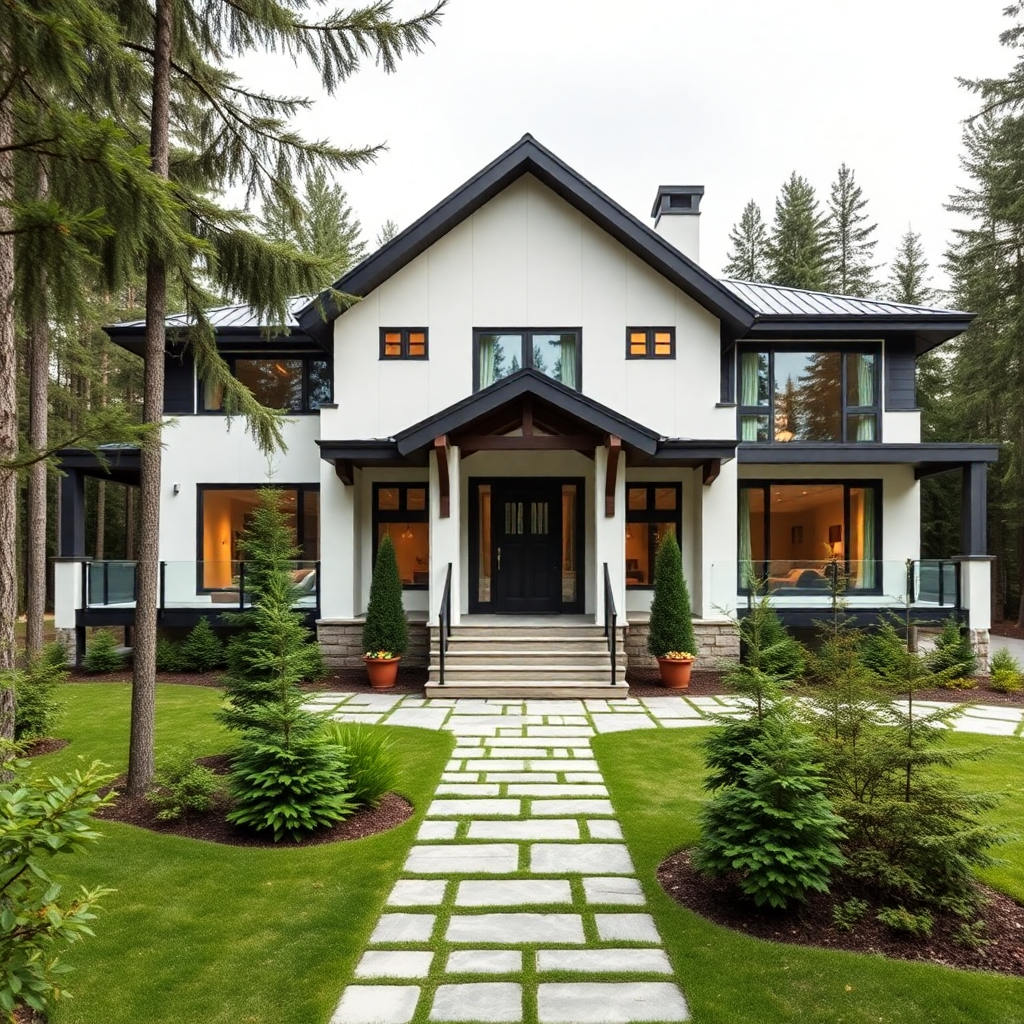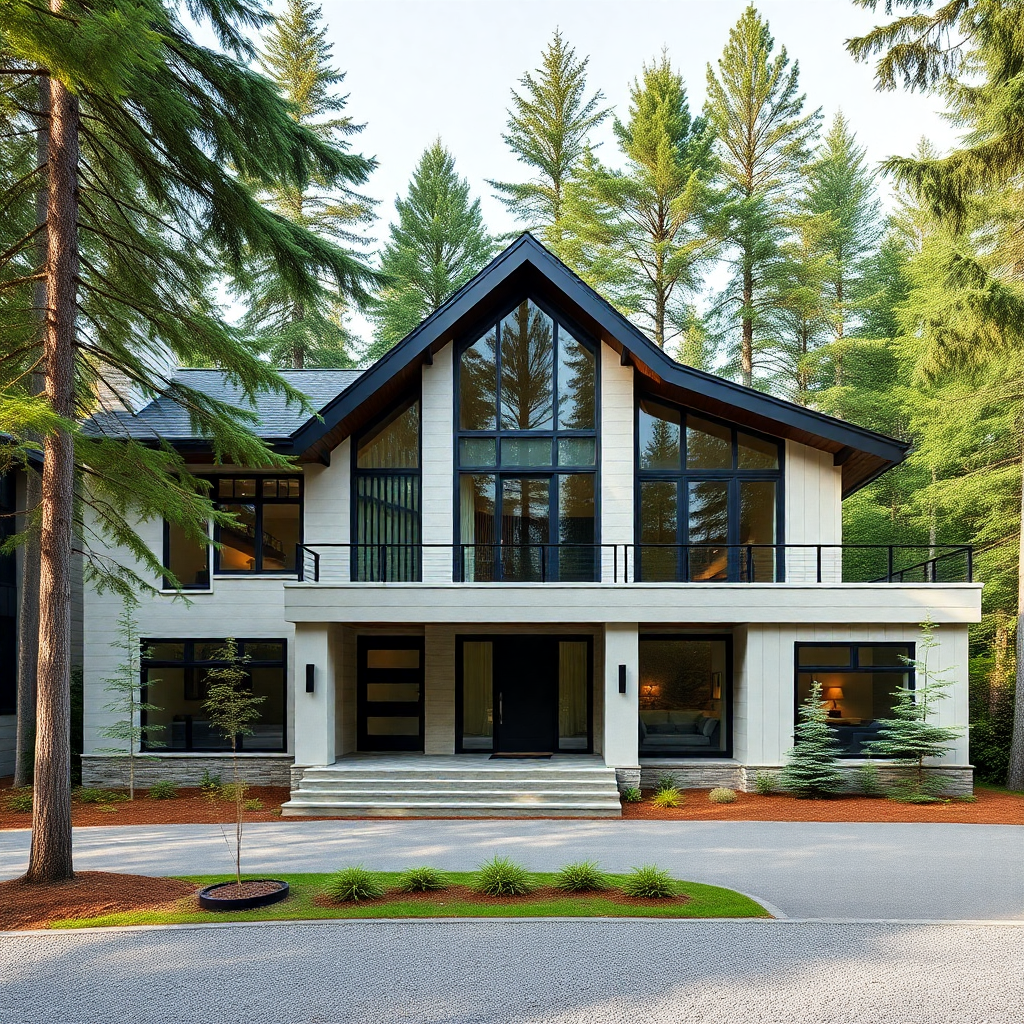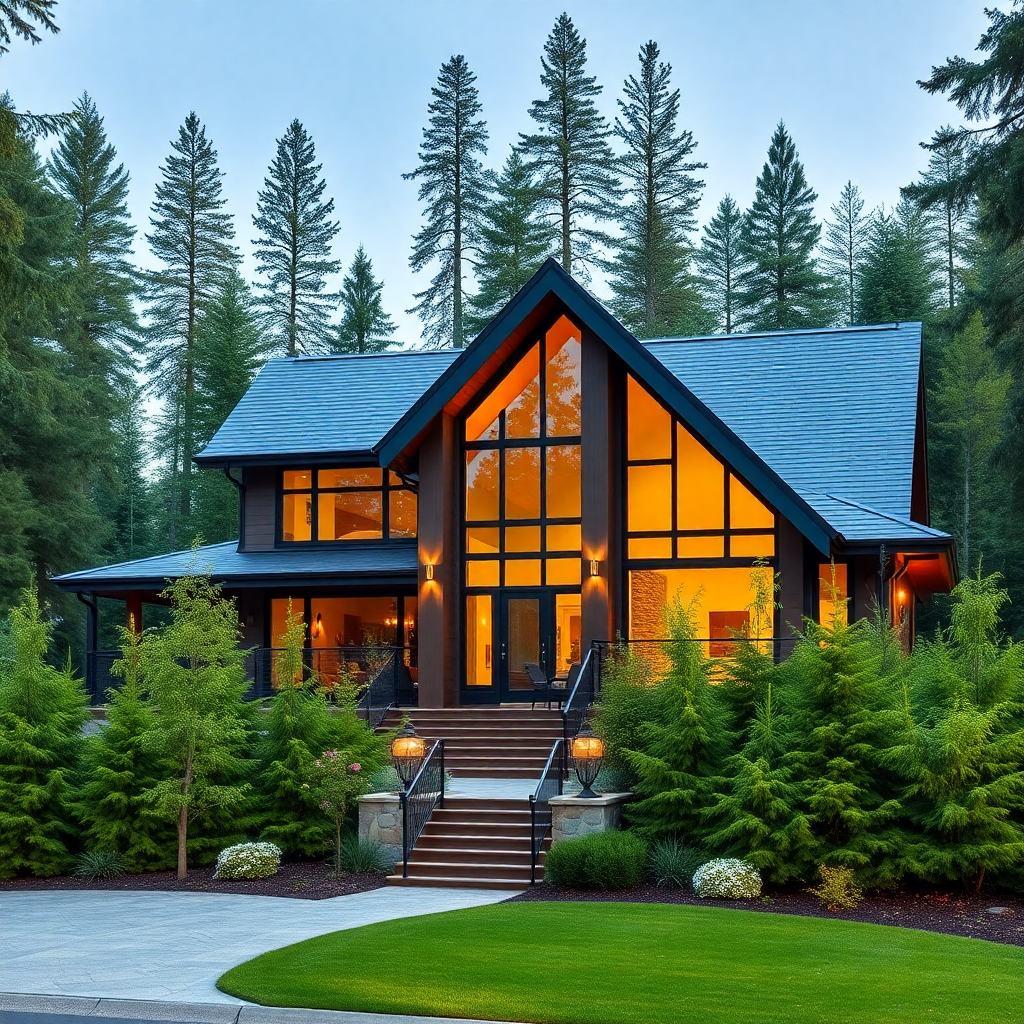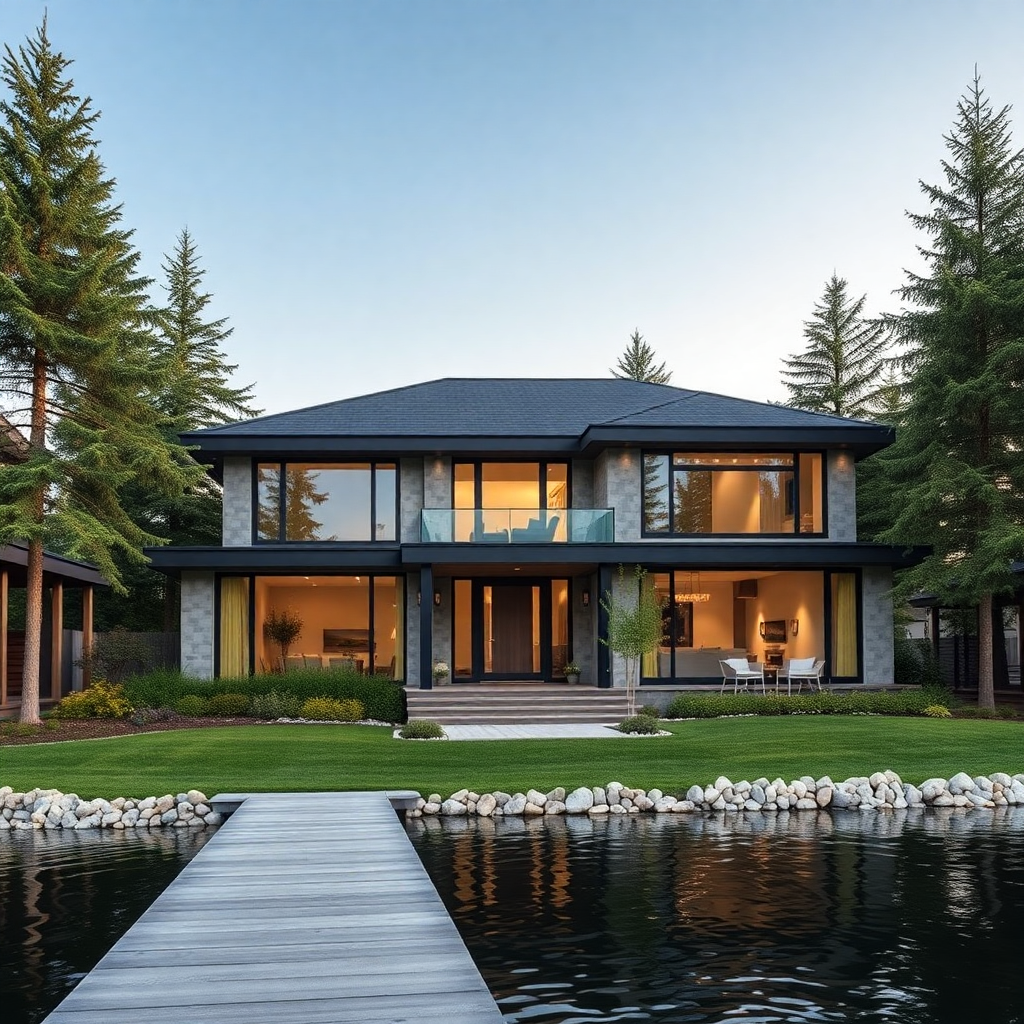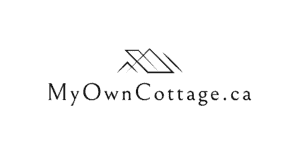FAQ
Common Questions and Misconceptions About Modular Homes
Yes, modular homes are incredibly durable. In fact, they are often built to meet or exceed the same building codes and standards as traditional site-built homes. Because they are constructed in a controlled factory environment, they benefit from precision engineering and are less susceptible to weather-related delays or inconsistencies during the building process.
Absolutely. Modular homes are designed to endure extreme weather conditions, including high winds, heavy snow, and even earthquakes, depending on the region they are intended for. Many modular homes are built with reinforced structures that provide additional strength compared to traditional homes.
Yes, modular homes generally have comparable resale values to traditional homes. Factors like location, home condition, and market demand play a significant role in determining the resale value. Modular homes are built to last, and with proper maintenance, they can retain their value over time.
Definitely! One of the biggest advantages of modular homes is their high degree of customization. You can choose from a variety of layouts, finishes, and features to create a home that suits your style and needs. Many manufacturers also offer options for additional rooms, energy-efficient upgrades, and custom exteriors.
The construction timeline for a modular home is typically much shorter than that of a traditional home. While timelines vary, the home can often be completed in 8-12 weeks after the design is finalized. This excludes site preparation and utility hookups, which may add additional time.
Yes, modular homes are often more cost-effective due to efficient manufacturing processes and reduced construction waste. Additionally, the shorter construction timeline can save on labor costs. However, the overall cost will depend on the design, finishes, and any site-specific requirements.
Typically, the price of a modular home includes the design, materials, and factory construction. Additional costs such as land purchase, foundation, site preparation, utility connections, and permits may not be included, so it’s important to get a detailed cost breakdown from the manufacturer.
Yes, modular homes are considered eco-friendly. The factory construction process minimizes material waste, and many modular homes are designed with energy-efficient features such as superior insulation, energy-efficient windows, and appliances. You can also opt for green upgrades like solar panels or water-saving fixtures.
Not at all! Modern modular homes are designed to blend seamlessly with traditional homes in appearance. They can be customized with various exterior finishes, roofing styles, and architectural details to match the aesthetic of any neighborhood.
No, modular homes and mobile homes are different. Modular homes are permanent structures built to the same standards as traditional homes, while mobile homes (or manufactured homes) are constructed to different codes and are often classified as personal property rather than real estate.
